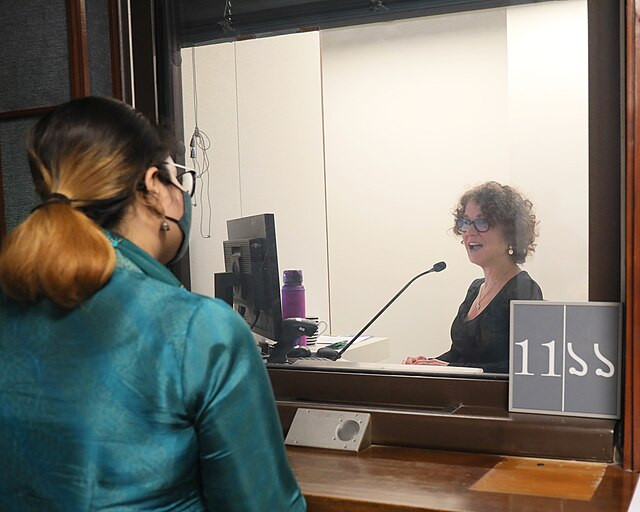The Trump administration has ordered U.S. embassies worldwide to halt all new student visa interviews, as it prepares to implement sweeping new requirements for social media screening of foreign applicants, according to a State Department cable issued Tuesday. The directive, signed by Secretary of State Marco Rubio, represents a sharp escalation in the administration's ongoing efforts to scrutinize international students under the pretext of national security and anti-terrorism measures.
"Effective immediately, in preparation for an expansion of required social media screening and vetting, consular sections should not add any additional student or exchange visitor (F, M, and J) visa appointment capacity until further guidance is issued," the cable states.
The order affects applicants across all countries seeking entry to U.S. academic institutions and exchange programs. It has triggered concern among university administrators, who rely heavily on international enrollment to support both educational diversity and institutional budgets. There are currently more than one million international students in the U.S., contributing an estimated $43.8 billion to the economy and supporting over 378,000 jobs in the 2023-2024 academic year, according to data from NAFSA.
The expanded vetting plan, confirmed by the Guardian and Politico, would require consular officers to screen all student visa applicants' online activity, including posts, likes, and comments on platforms like Instagram, X (formerly Twitter), and TikTok. This is a significant broadening of existing measures that since March have targeted returning students linked to pro-Palestinian protests.
"The department is conducting a review of existing operations and processes for screening and vetting of student and exchange visitor visa applicants," the cable reads, noting that guidance on "expanded social media vetting" is expected within days.
The administration's push aligns with broader efforts to combat what it characterizes as antisemitism on college campuses, and to challenge elite institutions it sees as fostering left-wing ideologies. According to officials, visa revocations tied to these measures have increased dramatically in recent months.
"I don't know the latest count, but we probably have more to do," Rubio told senators last week, stating that the State Department had already revoked visas "probably in the thousands at this point," a steep rise from the 300 reported in March.
Critics warn that the new policy could further damage America's reputation as a destination for higher education and undermine its competitiveness globally. Despite multiple requests, the State Department has not responded to inquiries about how the review criteria are defined or what specific forms of online activity could lead to rejection.
Legal analysts and civil liberties advocates are also raising concerns about the vagueness of the screening process. "It's unclear, for example, whether posting photos of a Palestinian flag on an X account could force a student to undergo additional scrutiny," noted one internal memo obtained by Politico.






